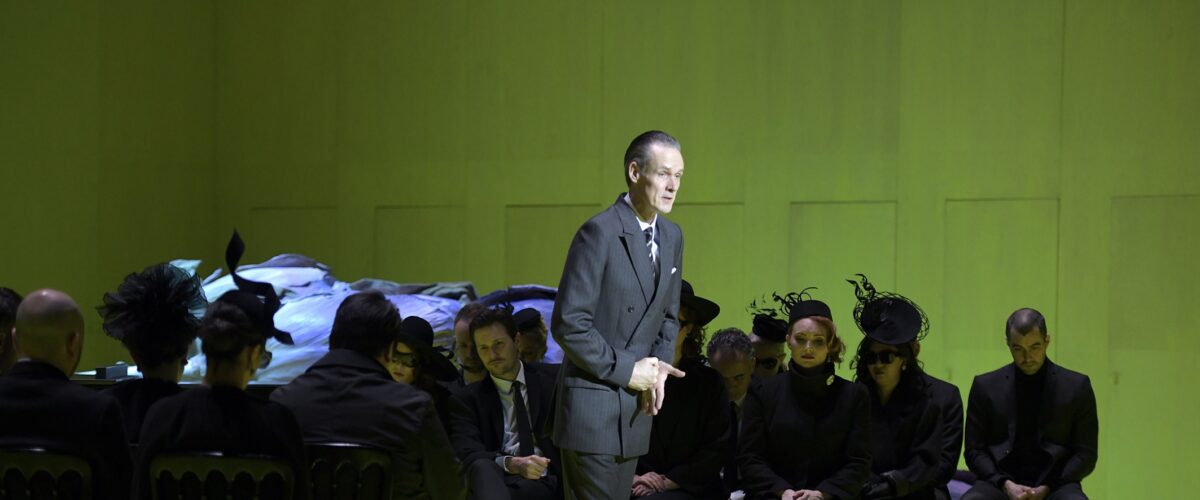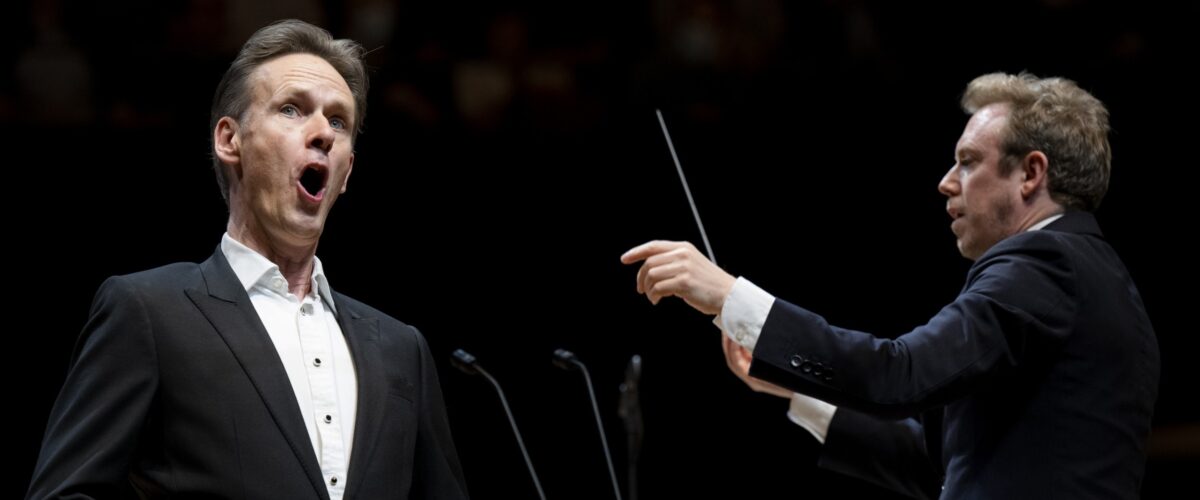TRANSCRIPT
Scofield: You have called Winterreise a personal obsession for Ian Bostridge. Why is that?
Bostridge: It’s partly that I was looking for a title for the book, and I thought of the very famous 17th century weird miscellany by Robert Burton called The Anatomy of Melancholy, and then I thought “Oh, that’s me.” An anatomy of an obsession. And it was sort of a Schubertian obsession, or was it my own obsession, or it’s an obsession in the sense that I’ve performed the work in so many different forms. I mean I’ve made a film of it in the Schubert Anniversary Year, I’ve staged the piece of piano in Florence, I’ve staged the Hans Zender version, the orchestra version, with the wonderful British Director Netia Jones, and then I performed the piece in its normal form so many times. I’ve recorded the piece for CD twice, and I’ve written this book, and I’ve written about the pieces. It has been a major feature of my career. In this strange period of the pandemic, where so many concerts have fallen away – I think I’ve had something like 30 cancellations since the beginning of this crisis, I’ve just started giving concerts again – and of course the concerts I’ve been giving have been performances of Winterreise, I’m back there again.
Scofield: I simply loved this recording of Winterreise that you have done with Thomas Adès, the composer, accompanying you. I was very surprised in the book to hear you talking about some pop singers like Bob Dylan, who you actually looked to for inspiration. Can you explain a little bit about that too?
Bostridge: I feel that classical singing can be too classical, that it needs to loosen up sometimes. It’s a question of taste and you can’t push it too far. I was recently working with the pianist Igor Levit doing Winterreise, and we were both talking about how much we’re inspired by musicians from other genres. He’s very inspired by jazz pianist. It’s trying to make the expression seem authentic, and an expression of authentic emotion to connect to your insides, rather than it being externalized and rather polite. It can seem very bourgeois and polite, and it wasn’t meant to be that when it was composed. This music is very coruscating and radical and questioning, and I think it’s important sometimes that when we listen to this music being sung that we forget it just connects directly into our souls, rather than being an exercise in aesthetics or something.
Scofield: That’s right, and that’s exactly what Winterreise was at the time, it connected directly to the souls of people all over Europe in the 19th century, and you made the great point in the book that classical music, these kinds of genres, that you are focusing on in your career really helps us to go back in time to experience what people’s lives were like 200 years ago, and how with a very different time of completely different historical age, totally different perspectives, we can still see some of ourselves in them.
Bostridge: Yes, I think we can discover a common humanity but also different ways of feeling. We can’t experience the socioeconomic conditions of 200 years ago, although we can imagine them. But I think music is a representation of the emotional life, and it allows us to connect in a way with the past.
Read more about Ian Bostridge on their OFFICIAL WEBSITE.




